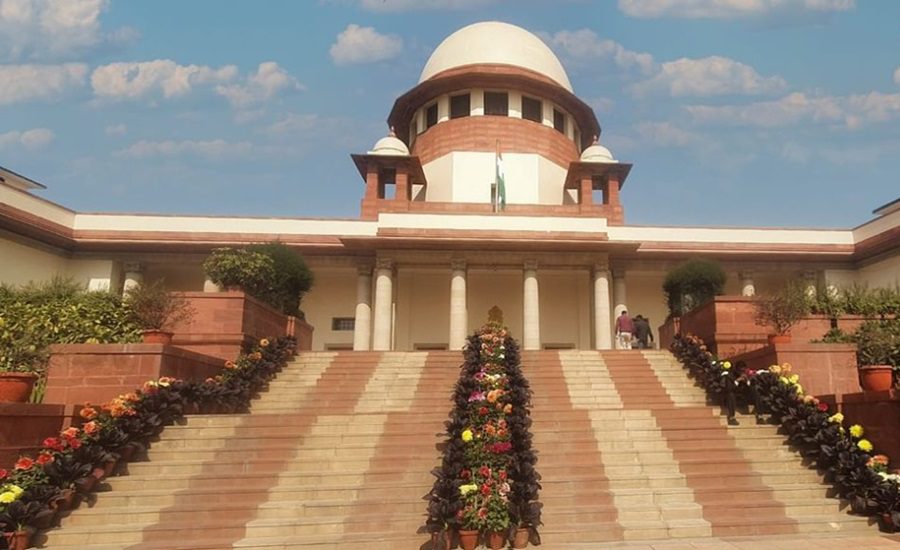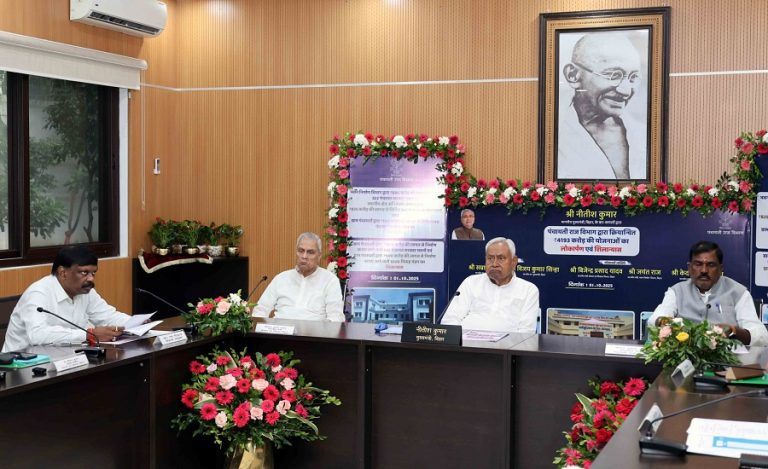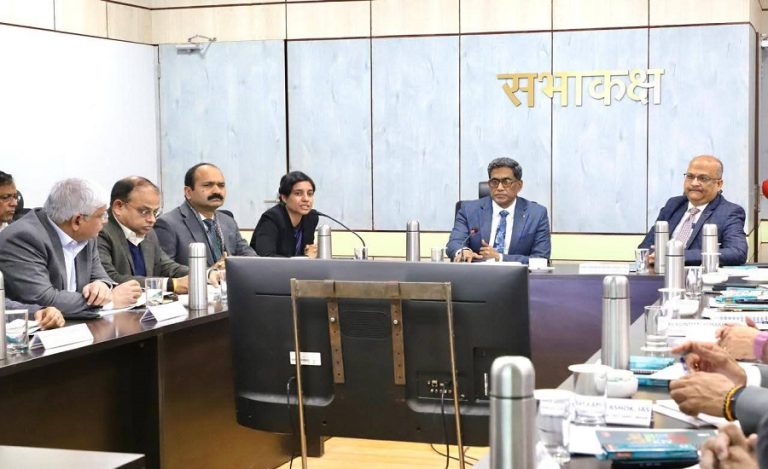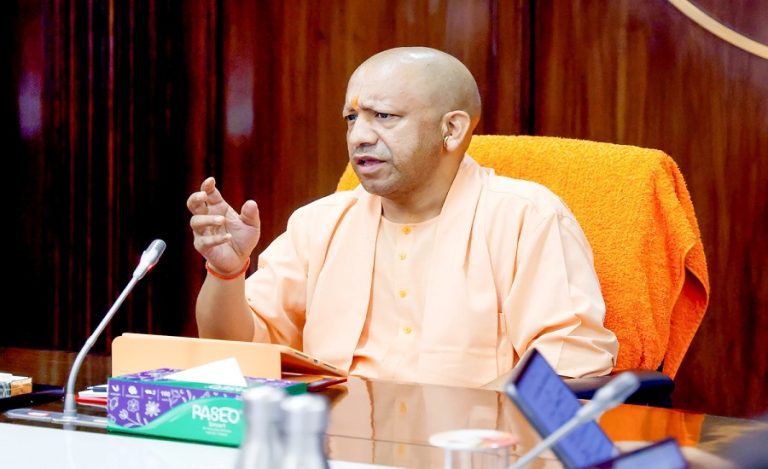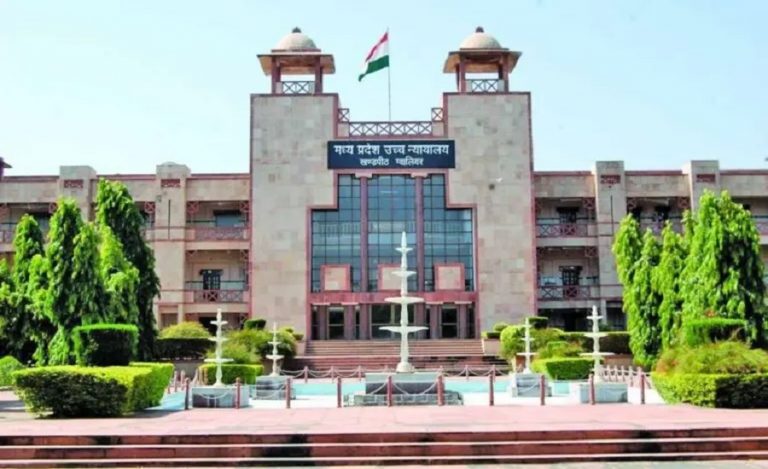New Delhi: The Supreme Court of India on Monday confirmed that the three-member judicial inquiry committee constituted to examine serious allegations against Justice Yashwant Varma, a sitting judge of the Allahabad High Court, has submitted its report to the Chief Justice of India (CJI) on May 4, 2025.
The panel, comprising Justice Sheel Nagu (Chief Justice, Punjab & Haryana High Court), Justice G.S. Sandhawalia (Chief Justice, Himachal Pradesh High Court), and Justice Anu Sivaraman (Judge, Karnataka High Court), was tasked with investigating allegations surrounding the discovery of a large amount of cash at Justice Varma’s official residence in Delhi.
Origin of the Controversy
The controversy erupted after a fire broke out at Justice Varma’s Tughlak Road residence in New Delhi at around 11:35 p.m. on March 14, 2025. During subsequent assessments, officials reportedly discovered “four to five semi-burnt sacks of Indian currency notes” at the premises, as per an earlier inquiry by Delhi High Court Chief Justice D.K. Upadhyaya. In a rare move, the Supreme Court had published Justice Upadhyaya’s report – complete with photographs and video evidence – on its official website on March 22.
Justice Varma Denies Allegations
Justice Yashwant Varma, who had been serving at the Delhi High Court since his transfer from the Allahabad High Court in 2021, has vehemently denied the allegations. In a written response, he described the claims as part of a “conspiracy to frame and malign” him, asserting that neither he nor his family had placed any cash in the residence’s storeroom.
Transfer and Judicial Oversight
Following the emergence of the evidence, the Supreme Court Collegium, led by CJI Sanjiv Khanna, recommended on March 20 and 24 that Justice Varma be repatriated to the Allahabad High Court, his parent institution. The Centre approved the transfer on March 28.
In accordance with the landmark K Veeraswami vs Union of India (1991) judgment, no criminal case can be registered against a sitting High Court or Supreme Court judge without the prior approval of the Chief Justice of India. This judicial safeguard led to the formation of the current three-member inquiry panel.
Next Steps Awaited
While the submission of the report marks a key development in the case, the contents and findings of the committee’s investigation have not yet been made public. The CJI is expected to review the findings and decide the future course of action in accordance with judicial protocol and constitutional safeguards.
This case remains one of the most high-profile judicial controversies in recent times, raising sensitive questions about accountability within the judiciary and the mechanisms available to address allegations against sitting judges.

